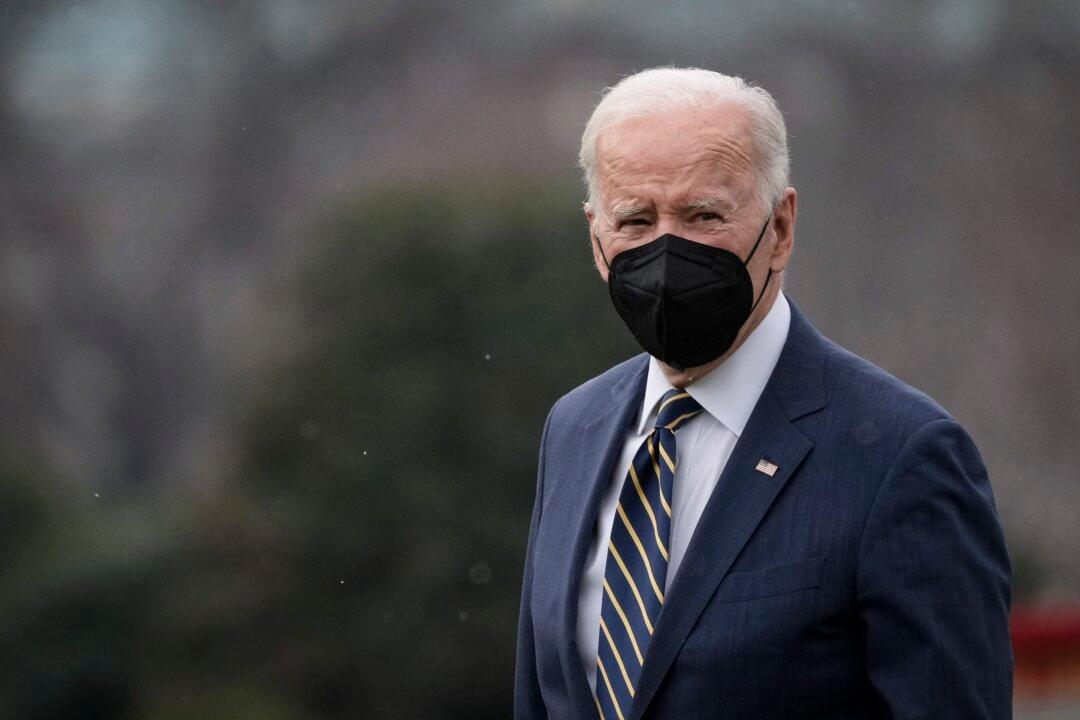President Joe Biden on Tuesday announced his commitment to reduce the nation’s cancer death rate by half in the next 25 years as part of an effort to “reignite” former President Barack Obama’s “Cancer Moonshot” initiative.
In the years following the passage of the National Cancer Act in 1971, the nation’s cancer death rate remained largely flat. But in the past 20 years, it has decreased by about 25 percent—in large part due to the development of new treatments, therapies, and early detection.




